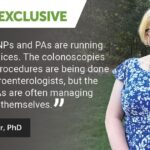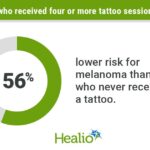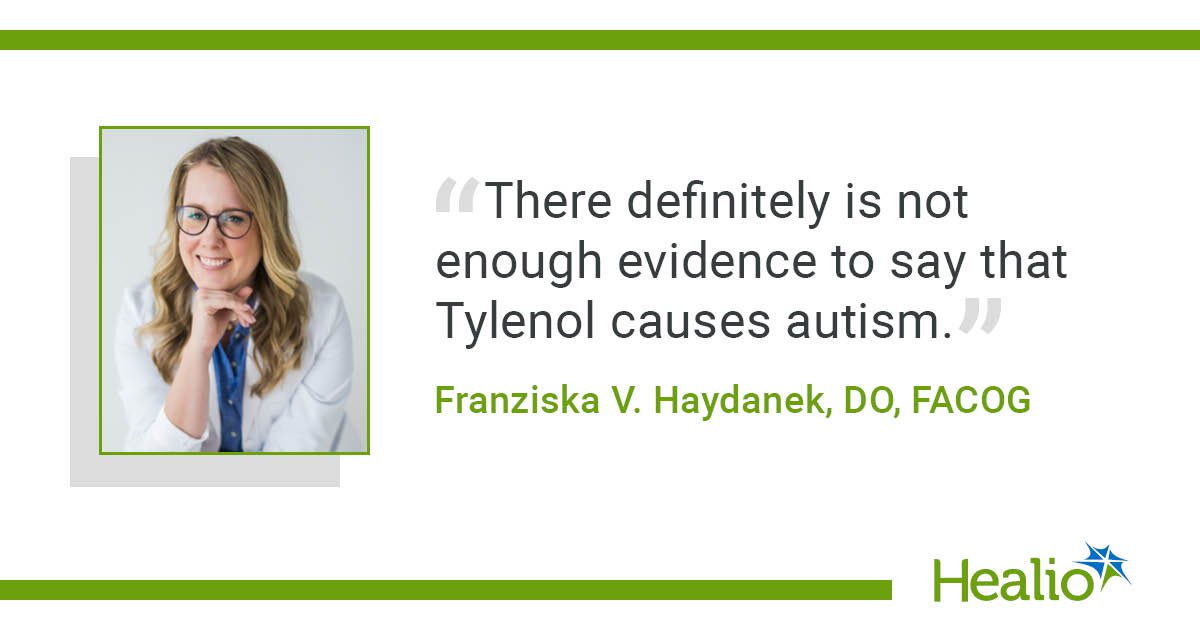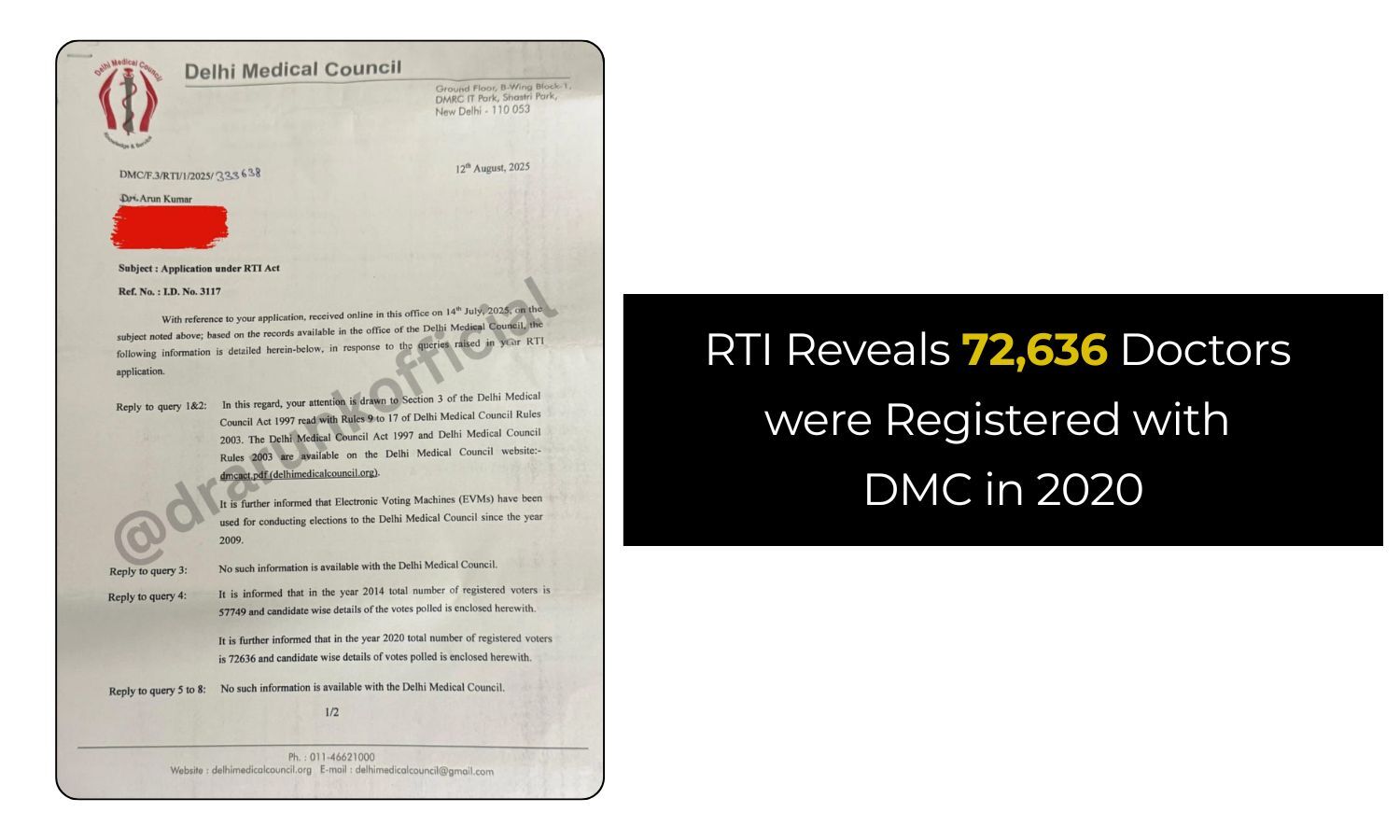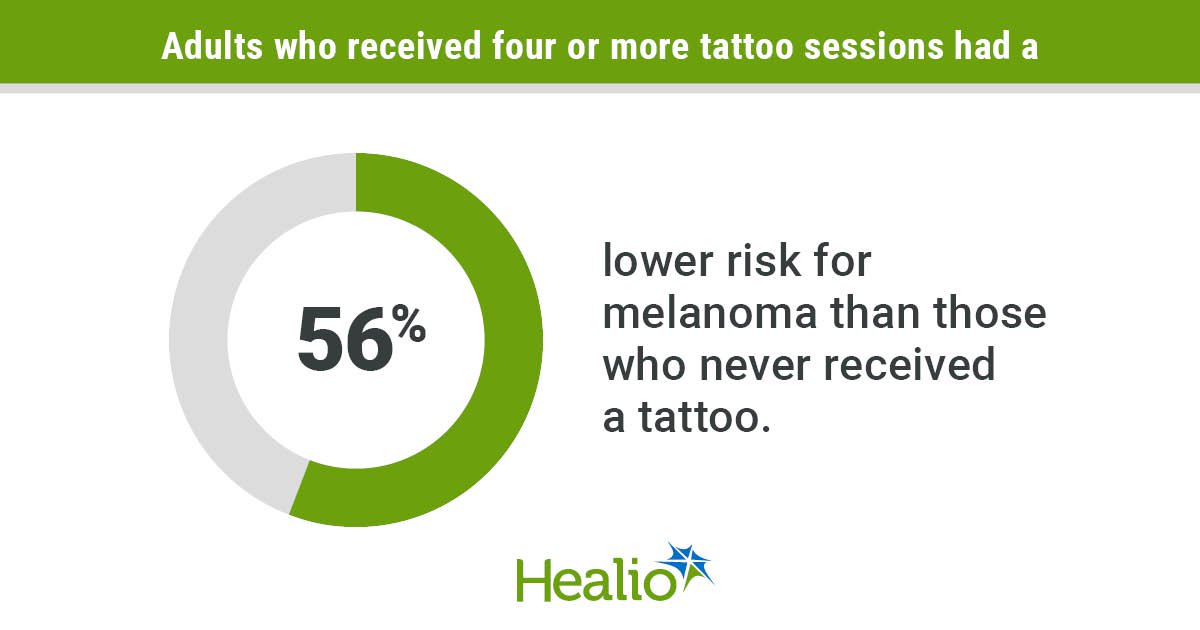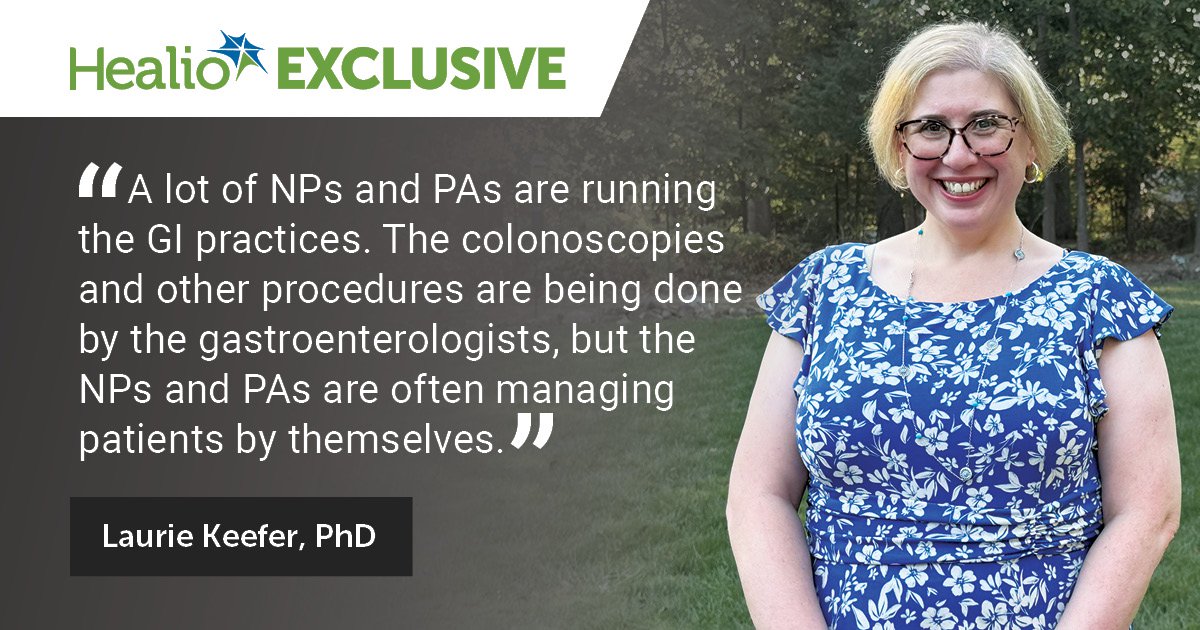September 22, 2025
6 min read
Key takeaways:
- HHS announced prenatal use of acetaminophen is tied to an increased risk for autism.
- Experts expressed concern, saying evidence on links between acetaminophen and neurodevelopmental disorders is greatly mixed.
The FDA will begin notifying physicians of an apparent risk for autism in children who were exposed to acetaminophen, the main ingredient in Tylenol, during pregnancy, according to an HHS press release.
HHS will also begin the process of updating the label for acetaminophen to warn about this risk, as well as launch a nationwide public service campaign “to inform families and protect public health,” the release said.

“Ideally, a woman wouldn’t take a Tylenol … unless medically necessary,” President Donald J. Trump said during a press conference.
HHS Secretary Robert F. Kennedy Jr. said the FDA recognizes that acetaminophen “is often the only tool for fevers and pain in pregnancy.”“HHS wants, therefore, to encourage clinicians to exercise their best judgment and the use of acetaminophen for fevers and pain in pregnancy by prescribing the lowest effective dose for the shortest necessary duration and only when treatment is required,” he said.Kennedy Jr. also advised caution of acetaminophen use in children, saying “the safety of acetaminophen against the risk of neurodevelopmental disorders in young children has never been validated.”
HHS also announced the FDA will begin the process of updating the label for leucovorin calcium tablets to recognize it as a treatment for patients with symptoms of autism and cerebral folate deficiency, which the agency said “has been associated with autism.”
Kennedy Jr. additionally noted during the press conference that HHS is “closely examining” vaccines’ role in autism, despite evidence supporting their safety.
In April, Kennedy Jr. declared that the Trump administration would identify an environmental toxin causing autism this year, stating “we will have some of the answers by September.” His comments were in response to data from CDC’s Morbidity and Mortality Weekly Report that showed in 2022, the prevalence of autism among children aged 8 years was 32.2 per 1,000 children — or about one in 31. This is up from one in 36 in 2020.
“Clearly … this is coming from an environmental toxin, and somebody made a profit by putting that environmental toxin into our air, our water, our medicines, our food,” Kennedy Jr. said at that time.
Conflicting research on acetaminophen in pregnancy
Evidence on possible links between acetaminophen and neurodevelopmental disorders has been mixed.
In a study published in June 2017, researchers found that women who had a fever during pregnancy were more likely to have a child diagnosed with autism, but acetaminophen appeared to slightly mitigate that risk.
A few months later in November 2017, a different study found a more than twofold higher risk for a future ADHD diagnosis in youth whose mothers used acetaminophen for 22 to 28 days to treat fever and infection during pregnancy vs. those whose mothers never used acetaminophen during pregnancy. In addition, a 2019 study found that cord biomarkers of fetal acetaminophen exposure were linked to a significantly greater risk for ADHD and autism.
However, an analysis of matched sibling pairs published in April 2024 refuted an association, showing that acetaminophen use did not increase the risk for ADHD or autism in over 185,000 children. The researchers in this study suggested that previously identified positive associations may have been due to familial confounding. Study co-author Brian Lee, PhD, MHS, a professor of epidemiology at Drexel University Dornsife School of Public Health and co-author of the study, spoke with reporters about his study hours before HHS’ announcement. He said that multiple factors, like infection and genetics, may explain the observed positive associations between acetaminophen in pregnancy and autism.
“When you look at siblings born to the same mother, but one sibling was exposed to acetaminophen and the other sibling wasn’t, in these sibling analyses, any apparent association just completely went away, which implies that factors like genetics are actually responsible for the statistical association,” he said.
Lee told Healio that “even though there’s strong evidence to support that acetaminophen does not cause autism,” more research is warranted.
“For example, there aren’t any high-quality studies that use biomarkers of acetaminophen use, like actually measured in blood or other material,” he said. “There are some low-quality studies that exist, but having better studies out there would be instrumental.”
Two separate studies released earlier this year supported a link between acetaminophen in pregnancy and autism. One published in March suggested that prenatal acetaminophen use raised the odds for childhood ADHD diagnosis, but this risk was found only in girls, and a systematic review published in August showed a link between prenatal acetaminophen use and neurodevelopmental disorders across 27 of 46 studies.
What the experts say
ACOG President Steven J. Fleischman, MD, MBA, FACOG, in a statement said that suggesting acetaminophen use in pregnancy raises the risk for autism is “not only highly concerning to clinicians but also irresponsible when considering the harmful and confusing message they send to pregnant patients, including those who may need to rely on this beneficial medicine during pregnancy.”
He added that HHS’ announcement “is not backed by the full body of scientific evidence and dangerously simplifies the many and complex causes of neurologic challenges in children.”
“It is highly unsettling that our federal health agencies are willing to make an announcement that will affect the health and well-being of millions of people without the backing of reliable data,” he said. “The conditions people use acetaminophen to treat during pregnancy are far more dangerous than any theoretical risks and can create severe morbidity and mortality for the pregnant person and the fetus.”
Franziska V. Haydanek, DO, FACOG, an OB/GYN at Rochester Regional Health, told Healio that an association between acetaminophen and autism “does not mean Tylenol causes autism, because correlation does not equal causation.”
“There definitely is not enough evidence to say that Tylenol causes autism,” she said. “I personally will continue to recommend Tylenol when clinically indicated, and when the benefits outweigh the risks. There are many situations where the benefits of reducing a fever or helping with pain are greater than potential risks.”
As for alternative treatments, “there are really few options left on the table,” according to Lee.
“Not treating a fever is not ideal. Taking opioids to manage pain is not ideal. Nonsteroidal anti-inflammatory drugs are contraindicated at some point during pregnancy. High-dose aspirin is also contraindicated for a few reasons,” he said during a call.
Haydanek added that alternative treatments “depend on the indication.”
“If using it for a fever, we can use physical means to lower temperature like cold packs,” she said. “For pain, you again can use means like hot or cold packs, or massage.”
Arthur L. Caplan, PhD, a professor and founding head of the division of medical ethics at NYU Grossman School of Medicine, called today’s announcement “premature and unethical,” adding that it will be detrimental to mothers of children with autism who used acetaminophen prenatally.
“You are inducing tremendous guilt and tremendous anger on the part of women, both about a drug, about their doctors and about their own behavior,” he said. “Many of the autism groups that I’m seeing online right now are saying they don’t see causation, but they are very worried about guilt.”
Editor’s note: This is a developing news story. Please check back soon for more details.
For more information:
Brian Lee, PhD, MHS, and Arthur L. Caplan, PhD, can be reached at primarycare@healio.com.
Franziska V. Haydanek, DO, FACOG, can be reached at @pagingdrfran on social media.
References:
- ACOG response to consensus statement on paracetamol use during pregnancy. Available at: https://www.acog.org/news/news-articles/2021/09/response-to-consensus-statement-on-paracetamol-use-during-pregnancy. Published Sept. 29, 2021. Accessed Sept. 29, 2021.
- Ahlqvist VH, et al. JAMA. 2024;doi:10.1001/jama.2024.3172.
- Baker BH, et al. Nat Ment Health. 2025;doi:10.1038/s44220-025-00387-6.
- Headaches and pregnancy. Available at: https://www.acog.org/womens-health/faqs/headaches-and-pregnancy. Accessed Sept. 22, 2025.
- Hornig M, et al. Mol Psychiatry. 2017;doi:10.1038/mp.2017.119.
- Ji Y, et al. JAMA Psychiatry. 2019;doi:10.1001/jamapsychiatry.2019.3259.
- Prada D, et al. Environ Health. 2025;doi:10.1186/s12940-025-01208-0.
- President Trump, Secretary Kennedy announce bold actions to tackle autism epidemic. Available at: https://www.hhs.gov/press-room/hhs-trump-kennedy-autism-initiatives-leucovorin-tylenol-research-2025.html. Published Sept. 22, 2025. Accessed Sept. 22, 2025.
- Shaw KA, et al. MMWR Morb Mort Wkly Rep. 2025;doi:10.15585/mmwr.ss7402a1.
- Ystrom E, et al. Pediatrics. 2017. doi:10.1542/peds.2016-3840.




